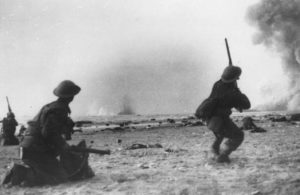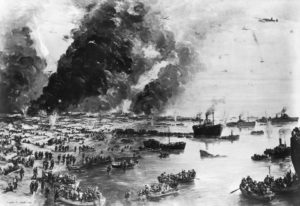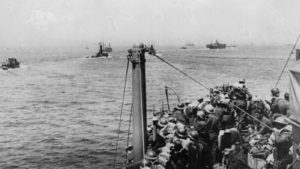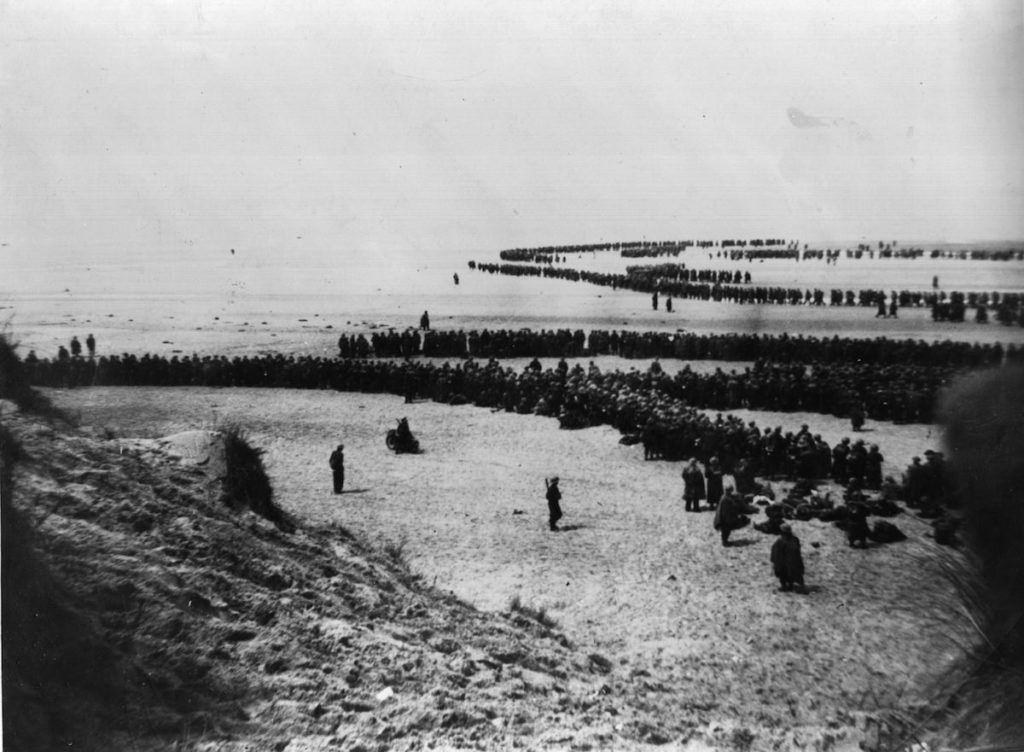Article: Cinema, History and pseudo-history
 As a cinephile, I have always considered cinema an excellent tool to complement formal education. After all, visualizing a historical event with images in action, music, sound dialogues, special effects and so many other possibilities that the cinema offers is a great way to arouse and keep attention, help memorization, and, above all, awaken the sense critical of people.
As a cinephile, I have always considered cinema an excellent tool to complement formal education. After all, visualizing a historical event with images in action, music, sound dialogues, special effects and so many other possibilities that the cinema offers is a great way to arouse and keep attention, help memorization, and, above all, awaken the sense critical of people.
Precisely because I think so, I am outraged when I see a movie presenting a historical fact in a distorted, incomplete, or untrue form.I wonder why millions – usually dollars – are spent to display a movie world-wide with little or no contribution at all to the truth of the facts.
 It was not few times that I suffered this disappointment, being the most recent with the film “Dunkirk”, by Christopher Nolan. This director, who gifted us with the magnificent science fiction “Interstellar” and “Inception”, the series Batman Begins and the enigmatic “Memento” seems to have had difficulties in dealing with real events.
It was not few times that I suffered this disappointment, being the most recent with the film “Dunkirk”, by Christopher Nolan. This director, who gifted us with the magnificent science fiction “Interstellar” and “Inception”, the series Batman Begins and the enigmatic “Memento” seems to have had difficulties in dealing with real events.
The withdrawal of Dunkirk (Dunkirk in English and Dunkerque in French) was one of the most important and decisive events of World War II. At the beginning of the war, when only the European countries were involved, the new German strategy of blitzkrieg surprised English and French armies with the invasion of French territory through Holland, ignoring the obsolete Maginot line.
 The German advance was swift and relentless, with ten armored divisions, with state-of-the-art Panzer tanks, and 117 infantry divisions. The British troops who had come to help the French were forced to retreat to a narrow strip of land in the city of Dunkirk, with serious risk of troops annihilation or total surrending. For reasons never explained, the German attack was restrained by his high command, which favored a plan of withdrawal of the English soldiers.
The German advance was swift and relentless, with ten armored divisions, with state-of-the-art Panzer tanks, and 117 infantry divisions. The British troops who had come to help the French were forced to retreat to a narrow strip of land in the city of Dunkirk, with serious risk of troops annihilation or total surrending. For reasons never explained, the German attack was restrained by his high command, which favored a plan of withdrawal of the English soldiers.
The decision to withdraw involved many risks. If on one side there was the possibility of losing hundreds of thousands of soldiers, the logistics to rescue them were also very risky, since ships were easy prey for enemy submarines and planes.
 In England there was a great discussion at the political level, weighing on one side the preservation of troops, and on the other the preservation of resources. Finally, the idea of recovering the men prevailed, which would be extremely necessary in the event of a German invasion of England.
In England there was a great discussion at the political level, weighing on one side the preservation of troops, and on the other the preservation of resources. Finally, the idea of recovering the men prevailed, which would be extremely necessary in the event of a German invasion of England.
The allied losses were large, with six British and three French warships, as well as many men who had died on the beach, waiting to board. In the period from May 27 to June 4, 1940, the British Air Force lost 177 aircraft against 132 of the Germans. By contrast, 338,000 British and French soldiers were evacuated during the same period, which would later be used in the counteroffensive of subsequent years.
 Nolan’s “Dunkirk”, in addition to not providing a correct contextualization, focused attention on some soldiers, who represented the opposite of what actually occurred. While what he showed was a handful of unruly soldiers who tried at all costs to foil the queue of boarding, what was seen in the real Dunkirk were troops who bravely and patiently faced ten days of the operation, even with hunger, cold, and submitted to constant German bombardment.
Nolan’s “Dunkirk”, in addition to not providing a correct contextualization, focused attention on some soldiers, who represented the opposite of what actually occurred. While what he showed was a handful of unruly soldiers who tried at all costs to foil the queue of boarding, what was seen in the real Dunkirk were troops who bravely and patiently faced ten days of the operation, even with hunger, cold, and submitted to constant German bombardment.
For those who want to know more about the reality of the facts, I recommend the great BBC documentary, “Dunkirk”, produced in 2004, easily found on the internet. Not only are facts presented in a linear fashion, with a well-timed chronology, showing backstage in England and France, as well as events on the battlefield, including the heroic participation of civilian fishermen in the rescue of soldiers.
 Nolan’s film, in turn, brings a confusing chronology, without contextualization of the facts, a confusing edition, which is more cluttered by the soundtrack, which remains continuous even when there is a significant change of events. It seems that the edition was made by an amateur, who in addition smoked something spoiled.
Nolan’s film, in turn, brings a confusing chronology, without contextualization of the facts, a confusing edition, which is more cluttered by the soundtrack, which remains continuous even when there is a significant change of events. It seems that the edition was made by an amateur, who in addition smoked something spoiled.
I still have the same doubt: why spend millions to present a distorted view of history? Of course, there will always be those who argue that the interpretation of history is free. Interpretation is one thing, showing distorted facts is quite different.
 The use of cinema as political propaganda is not new, especially before the arrival of television.All governments used this tactic, always showing their side in a positive way, and the enemy in a totally negative way. Major disservice is still when famous filmmakers like Quentin Tarantino “create” an alternate reality with films like “Inglourious Basterds”, where Hitler and his general command were killed in a movie theater.The reverse occurs with geniuses like Charlie Chaplin, who used parody to denounce what others refused to see, such as “The Great Dictator” of 1940.
The use of cinema as political propaganda is not new, especially before the arrival of television.All governments used this tactic, always showing their side in a positive way, and the enemy in a totally negative way. Major disservice is still when famous filmmakers like Quentin Tarantino “create” an alternate reality with films like “Inglourious Basterds”, where Hitler and his general command were killed in a movie theater.The reverse occurs with geniuses like Charlie Chaplin, who used parody to denounce what others refused to see, such as “The Great Dictator” of 1940.
I still remain enthusiastic about the use of cinema as a support for education, but like everything else in the world, it is more than ever necessary to have a critical view, to analyze the facts always supported by historical contextualization, and to try to draw from it a conclusion that helps us create a better world.A world with History, not pseudo-histories.






